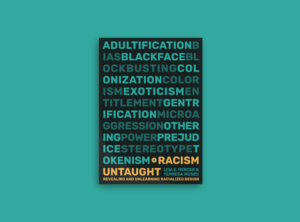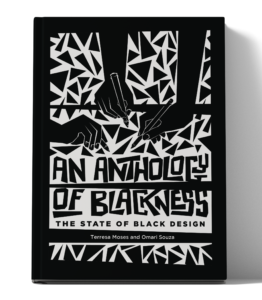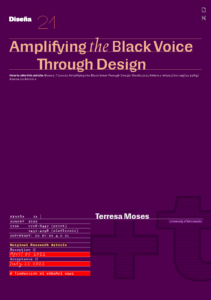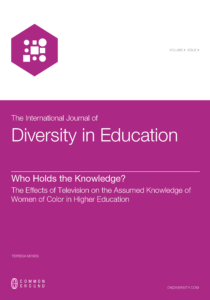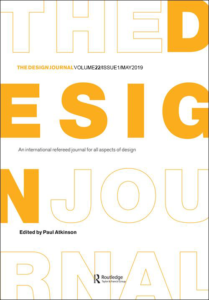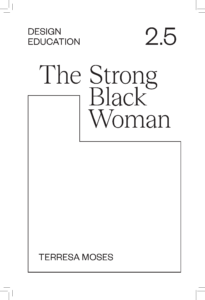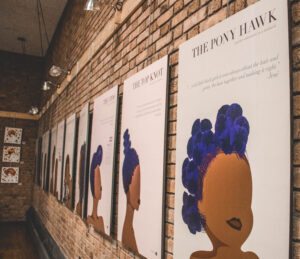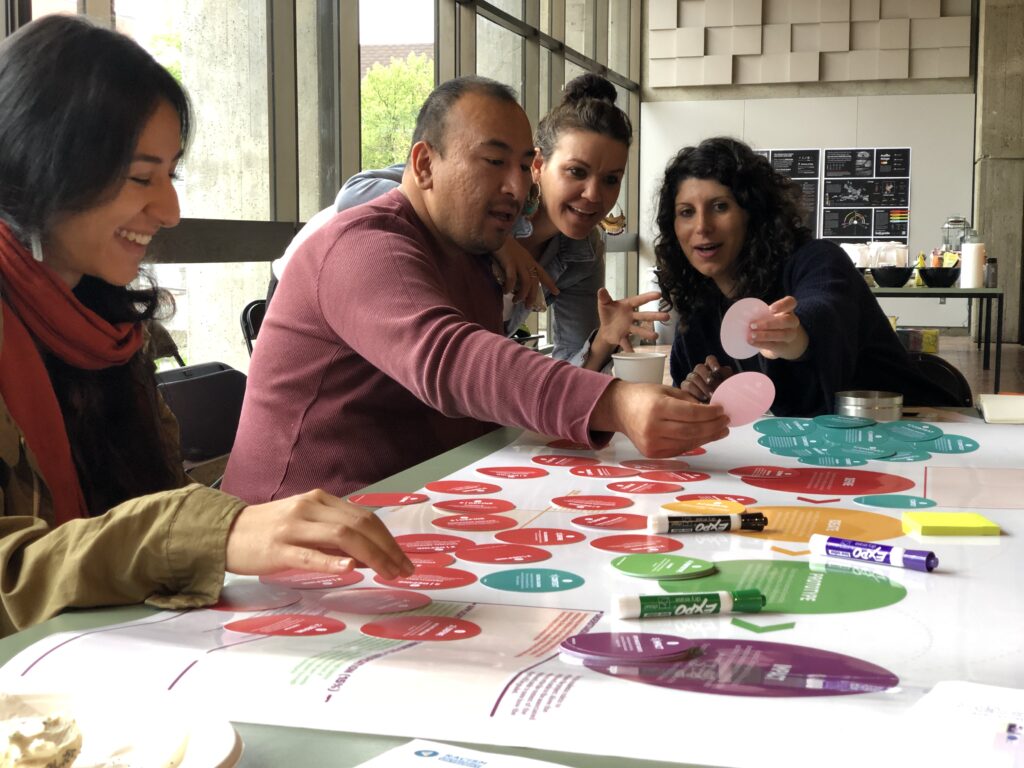
By Terresa Moses and Lisa E. Mercer
Racism Untaught is an applied research framework co-developed a by Terresa Moses and Lisa Elzey Mercer — the co-authors of this piece — as a toolkit to help participants in co-participatory work- shops create anti-racist approaches to designing that they can they deploy in academic, industry, and community settings in the U.S. and other nations around the world. Before instructing participants regarding how (and why) the Racism Untaught framework and the design interventions it yields can be used effectively, it is important for the individual designers and design teams participating in these workshops to understand their positionality in the context of racism, sexism, ableism, and other forms of oppression. (Design teams in these workshops can be comprised of teams of design- ers and a wide variety of stakeholders that include of six or seven individuals.) In the context of race, positionality refers to the social identities constructed by the dominant culture in a given society that shape how we understand, perpetuate, and uphold the intersectional systems of oppression that shape the everyday lives of those who identify as Black, Indigenous, and People of Color. Racism is the conscious or subconscious belief and/or action (or sets of these) that supports the social con- struct of race as the primary determinant of human capacities, coupled with the belief that the most predominant race in a given society is inherently superior.
This article investigates the ways in which users of the Racism Untaught toolkit can construct knowledge in workshop settings about 1) how their predetermined social identities were and are created and perpetuated by the numerous factors that constitute the culture within which they live, and 2) how these identities then affect the way individuals engage in design processes that can evolve within their respective communities. This article will focus on describing the onboarding processes necessary to effectively implement the operation of the Racism Untaught toolkit in a workshop setting, as well as the activities rooted in examinations of social identity that the authors have imple- mented in specific situations to help prepare toolkit users to engage in open conversations about race, racism, and racialized design. One of the primary goals of this undertaking is and has been to sensitize diverse populations in particular communities about the often biased and illegal treatment some individuals and groups in those communities experience based on how they are perceived racially. The fundamental question that guided our analysis of the operation of the Racism Untaught toolkit during more than a dozen workshops over the course of over a year was, “How does the knowledge or awareness of someone’s social identity indicate or express his, her or their perception and understanding of this, and, as such, affect the ways he, she or they plan and then engages in (or does not engage in) given design decision-making processes?”
